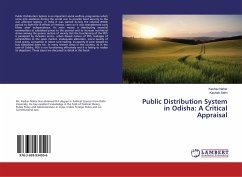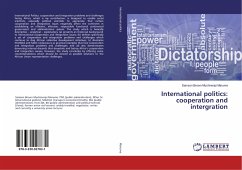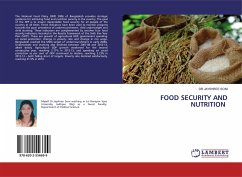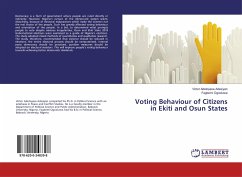Public Distribution System is an important social welfare programme which came into existence during the world war to provide food security to the war affected regions. In India it was started during the colonial British period to fight the ill effects of famines. Later on it was strengthened early fifties after independence. Its main motto is distributing essential commodities at subsidized prices to the poorest and to increase nutritional status among the poorer section of society. But the functioning of the PDS is paralyzed by Inclusion errors, urban biased nature of PDS, leakages of commodities to the open market, inadequate allocation, worst quality of food grains, corruption in ration card making, incapacity of poor people to buy subsidized items etc. In many remote areas in the country, as in the case of Odisha, PDS is not functioning effectively and it is failing to realize its objectives. These issues are discussed in detail in this book.








